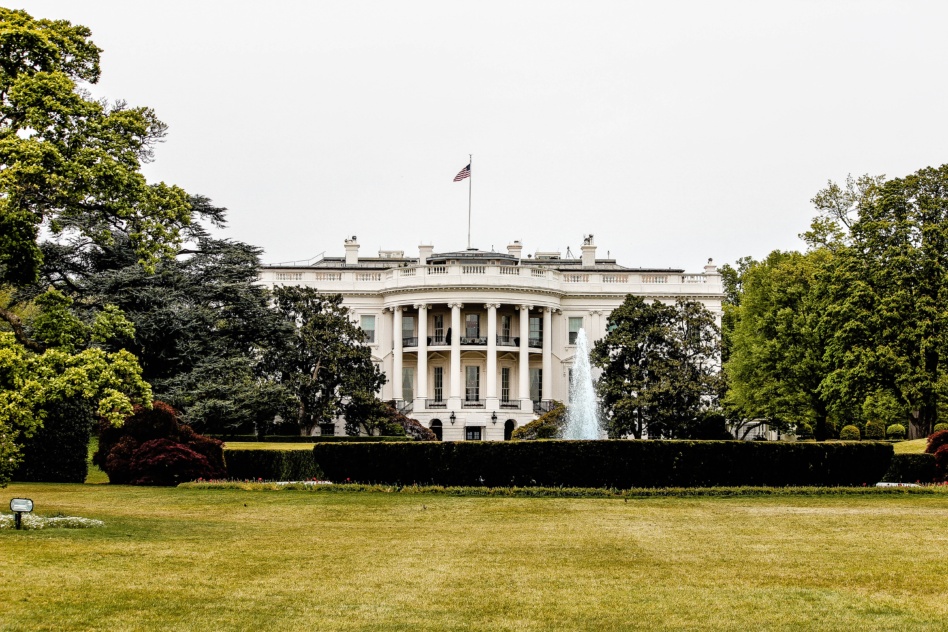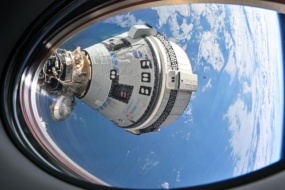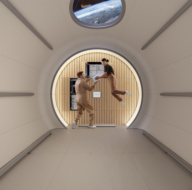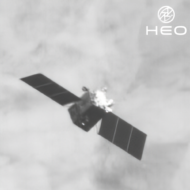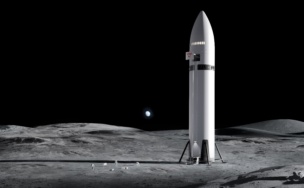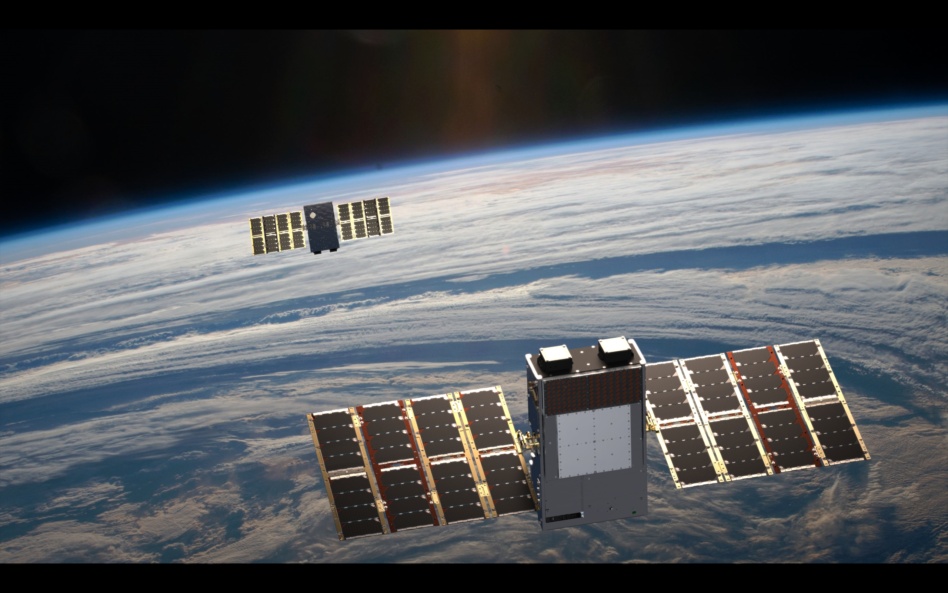The White House is instituting a self-imposed ban on direct-ascent ASAT, or anti-satellite, tests, VP Kamala Harris announced yesterday on a visit to the Vandenberg Space Force Base in California. The administration is hoping that other nations will agree to adopt the same ban in an effort to reduce orbital debris creation (and protect national and commercial US assets in orbit).
“Simply put, these tests are dangerous, and we will not conduct them,” Harris said.
ASAT tests
In November, Russia fired a direct-ascent ASAT missile at a defunct Soviet satellite, exploding it into 1,500+ cataloged fragments. The resulting debris cloud came dangerously close to the ISS soon after, causing the crew to initiate safe haven procedures and shelter in certain modules.
The debris fields produced by ASAT tests can remain in orbit for decades, creating perpetual hazards for spacecraft and headaches for their operators. Debris still being tracked from a 2007 Chinese ASAT test still pose a threat to active satellites in orbit.
- The Secure World Foundation (SWF) reports that there have been 16 total ASAT tests since 1968, generating over 6,300 pieces of debris.
- Three of those tests were the US—in 1985, 1986, and 2008. All of the fragments created from those tests have deorbited, per SWF.
“Overall, these tests jeopardize the long-term sustainability of outer space and imperil the exploration and use of space by all nations,” the White House said in a statement.
Global governments denounced the Russian ASAT test, with the US State Department calling the operation “dangerous, reckless, and irresponsible.” Roughly five months later, the US says it’s taking a unilateral first step to ensure further ASAT tests don’t muck up the orbital environment.
The ban: Harris announced yesterday that the US will not conduct any direct-ascent ASAT tests, and encouraged other governments to institute the same ban.
- “The United States, working with commercial industry, allies, and partners, will lead in the development of new measures that contribute to the safety, stability, security, and long-term sustainability of space activities,” read the White House statement.
- The ban doesn’t extend to other types of ASAT testing. Countries have other kinetic and non-kinetic ASAT weapons at their disposal.
The upshot: The ban was applauded by SWF and Planet, among others. We’d imagine there are more endorsements to come, as ASAT strikes have been long denounced by the international space community. Still, this is the first formal commitment from a government to ban them, and hopefully other nations will follow suit.
